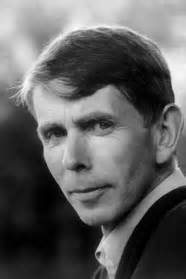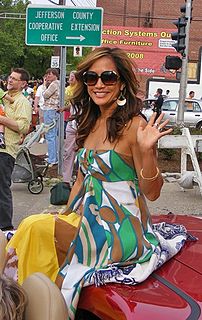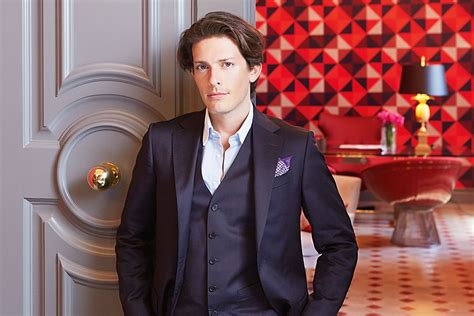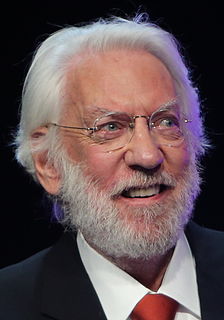A Quote by Ronald Frame
I always felt journalists had a very clear idea of what they wanted to write about me before the interview began.
Related Quotes
Often, I dream about work. For instance, the night before the Oscars, I dreamt about the Oscars and I dreamt about who I wanted to interview. Interestingly, one of the people I really wanted to interview was Keanu Reeves, and then we got him. We had never interviewed him before, so that was lucky. Or maybe it was fate - I don't know.
I had made a list of about ten things that I remembered from the original 'Total Recall' before I went back and watched. It had been about twenty years. I wanted to write it out before I watched it again. And I felt if those things stayed with me long enough, those are the things that I wanted to highlight.
I wanted to be a musician. I just wanted to be famous because I wanted to escape from what I felt was my limitation in life... And I wanted to write music, and I didn’t know what I was doing and I never had the technique or understanding of it... But I’ve always played the piano and I can improvise on the piano, but the problem is that I can’t write down what I write. I can read music but I can’t write numbers.
I was lucky that I started very young, since I had a very clear idea of what I wanted to do. But my father is very conservative, and he never considered fashion to be a real career but something I could pursue as a hobby. He wanted me to be a doctor, and at one point, I thought of becoming a plastic surgeon.
I felt naked. I felt as perhaps a bird may feel in the clear air knowing the hawk wings above and will swoop. I began to feel the need of fellowship. I wanted to question, wanted to speak, wanted to relate my experience. What is this spirit in man that urges him forever to depart from happiness, to toil and to place himself in danger?
That's critical to me, the community. When I was 12 years old, I had a mental breakdown; I went berserk for a long time. I felt rejection from the white community. Couldn't understand why the pigmentation of my skin kept me from doing. Everybody always told me "You're going to be something." And of course, I began to raise questions about why it is that white folks treat us the way they do. The breakdown was very vivid. I just all of a sudden felt like I had been overcome by a train.






































